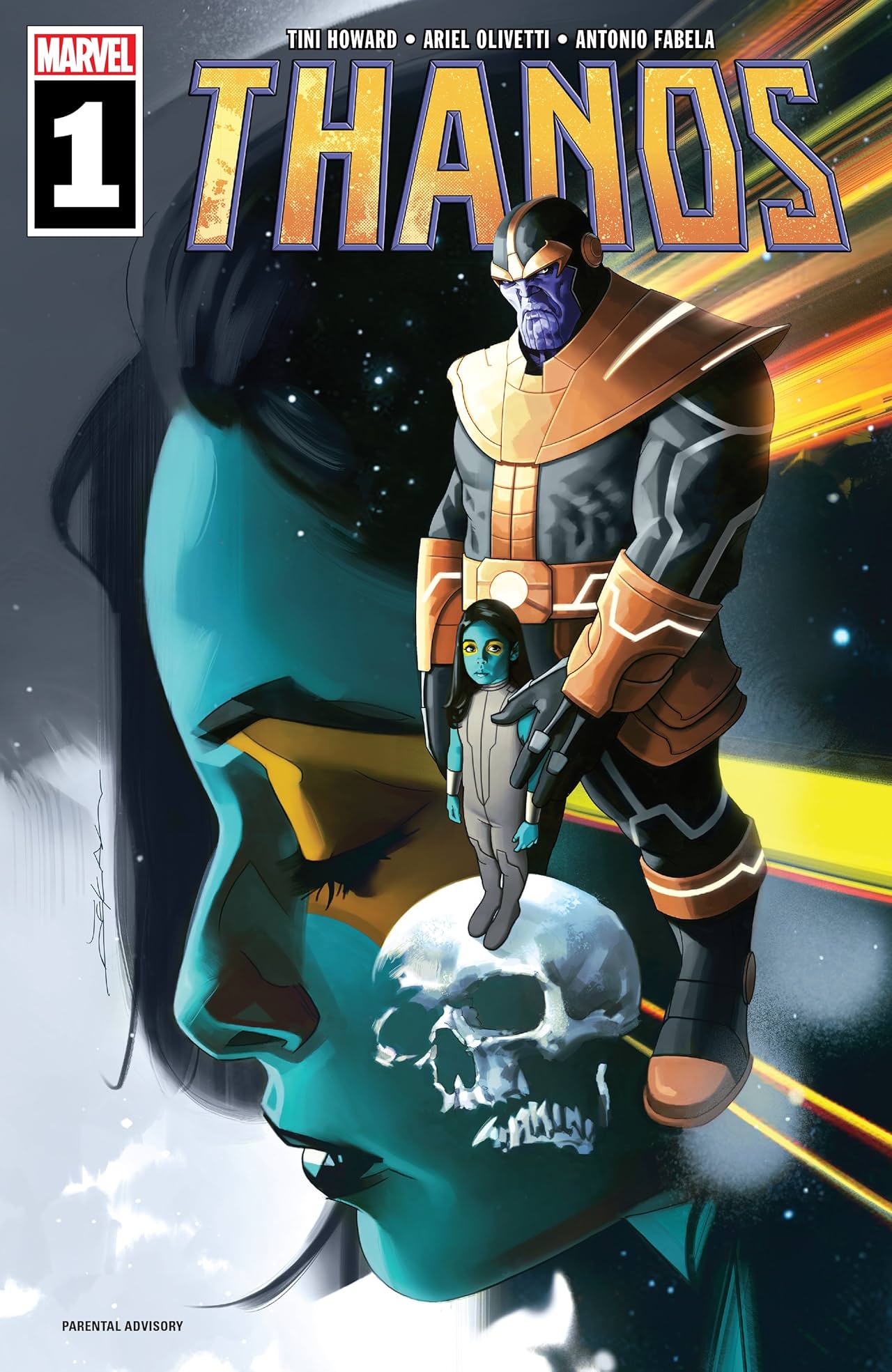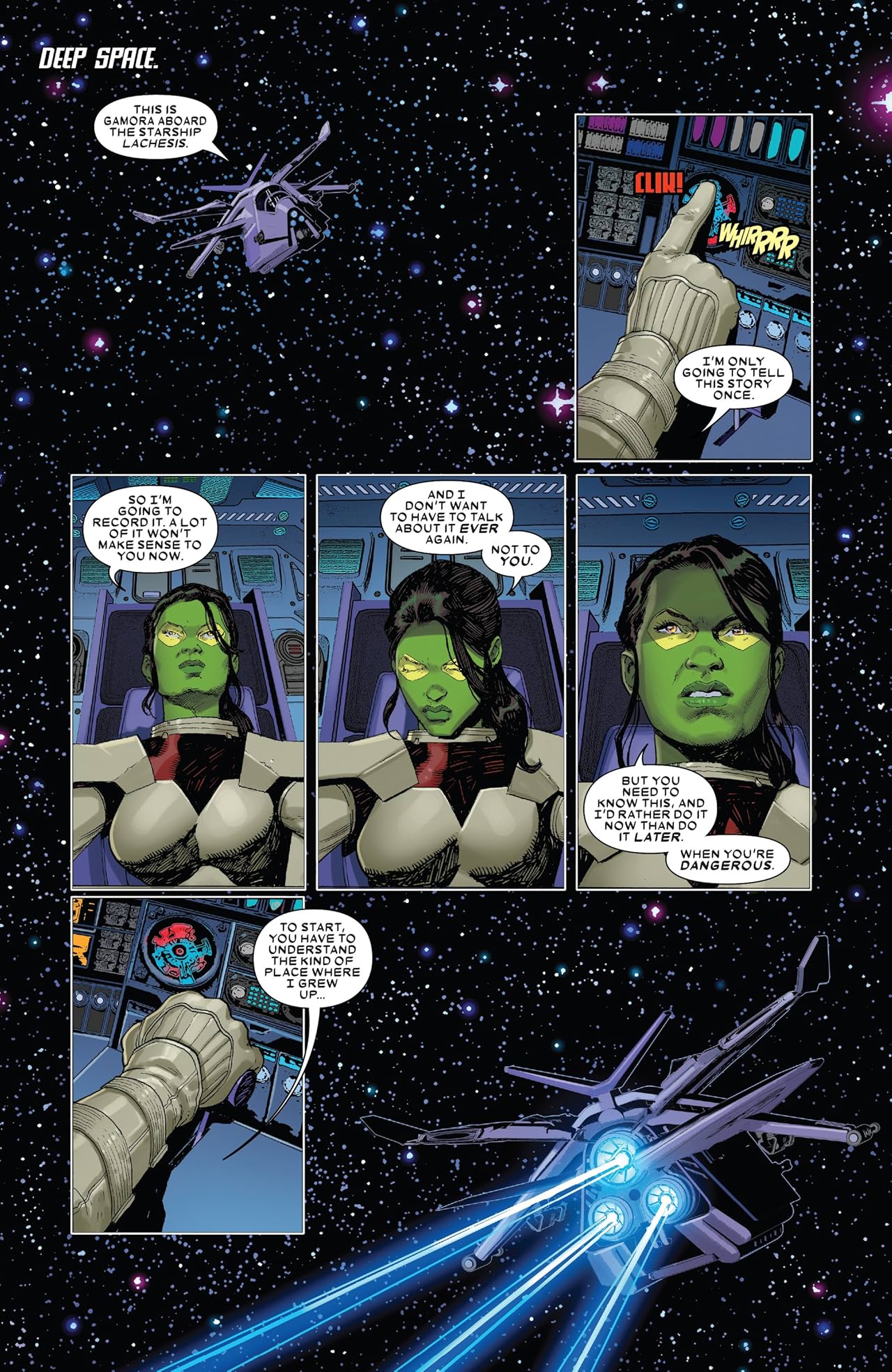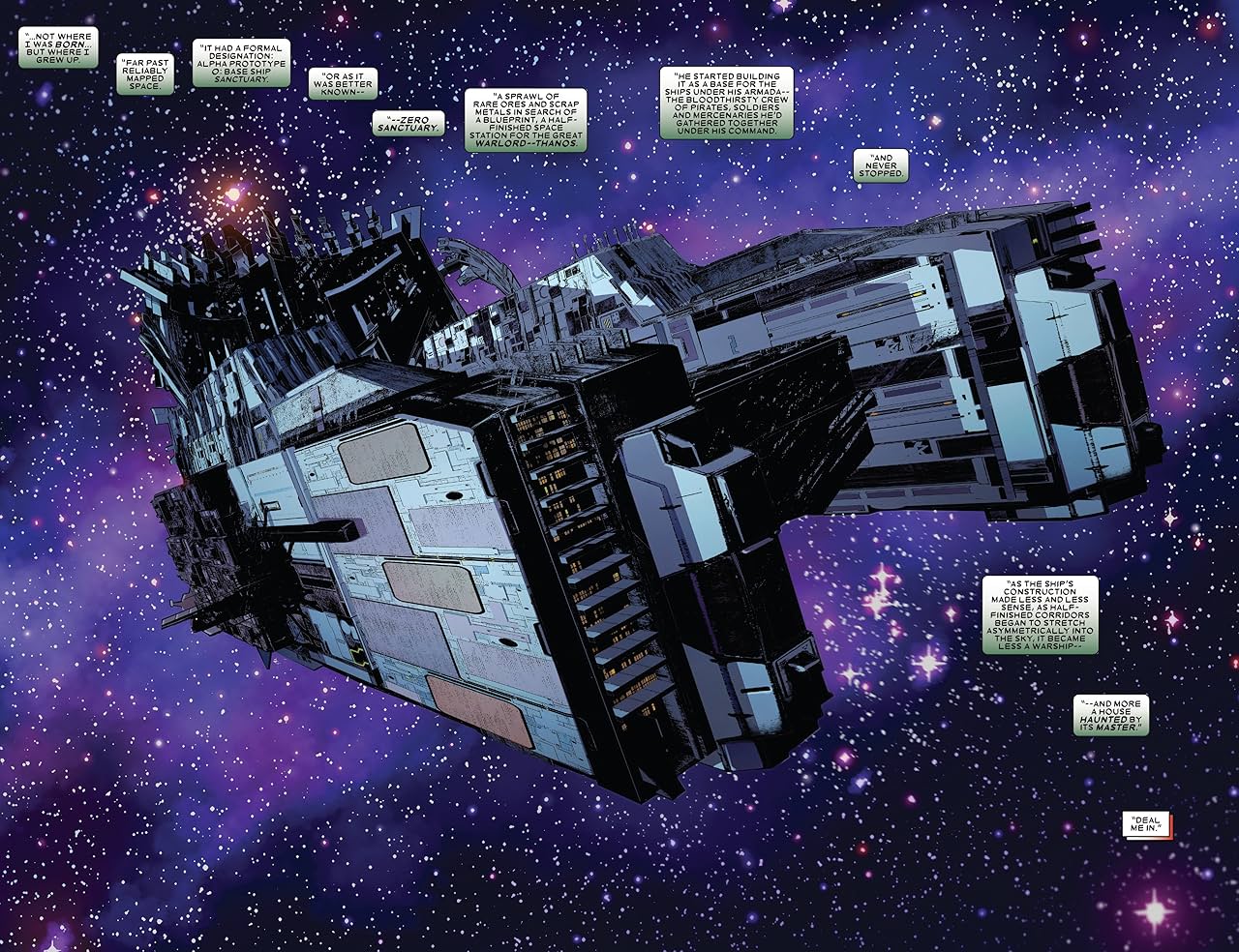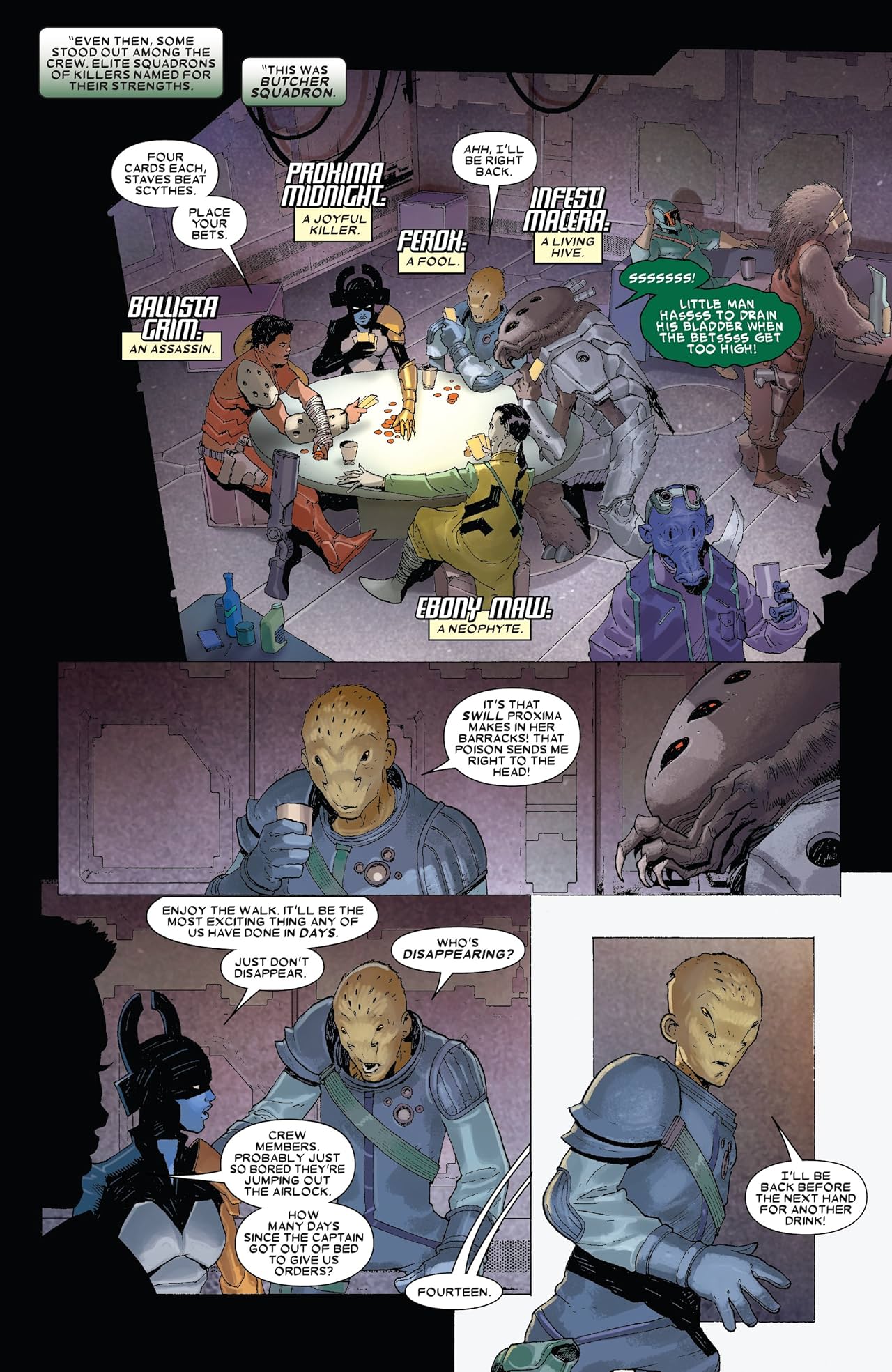
Starting an epic journey is a daunting challenge. Keeping people engrossed in that journey for over a decade is exceedingly difficult. Ending that journey in a way that’s dramatic, appropriate, and satisfying is damn near impossible. Despite those insane stakes, that’s the primary goal of “Avengers Endgame.” It attempts to cap off the story that began in 2008 with “Iron Man.”
Without spoiling the many dramatic details of this three-hour cinematic experience, I can safely confirm that it did. “Avengers Endgame” achieved that seemingly impossible goal of completing a decade-spanning story that included 22 movies, a cast of top-notch actors, and one talking raccoon. It’s one of those feats that shouldn’t be possible, even with Disney’s deep pockets, but Marvel Studios pulled it off.
It isn’t hyperbole to say that “Avengers Endgame” is a historic cinematic achievement that fundamentally changes the standards for just how bold a movie can be. All the praise from fans and critics alike that this movie has garnered is well-earned, but still doesn’t do justice to what this movie achieved.

It’s not just another step in the ever-expanding saga that is the Marvel Cinematic Universe. This movie does not set the stage for another sequel or lay the groundwork for the next big battle between the Avengers and the next Thanos-level threat. The movie is true, polished ending that manages to beautifully encapsulate the scope and scale of the story it told.
As a life-long comic book fan and a fan of superhero media, going back to the days of Saturday morning cartoons, this movie was both satisfying and impactful. I came out of the theater with my heart still racing and my mind still reeling from what I just witnessed. Part of me was sad. Part of me was elated. In all, though, I felt like I’d completed a journey alongside these beloved characters.
Even if you’re not a fan of comics and only know these characters through the movies, “Avengers Endgame” still succeeds in terms of raw storytelling. Years of world-building and character development really come to ahead in this movie. The shared journeys of characters like Tony Stark, Steve Rogers, Thor, Black Widow, Hawkeye, and Bruce Banner provide plenty of dramatic weight to everything that happens.

Make no mistake, though. A lot happens. This movie will test your bladder almost as much as it tests your heart. There are so many characters to juggle and many of them have their own arcs. Tony, Steve, Thor, and Hawkeye are all in wildly different places throughout the story, literally and figuratively. Coming together again in a cohesive plot takes time and effort, something the Russo brothers do not shy away from.
As a result, “Avengers Endgame” is very different structurally from “Avengers Infinity War.” Whereas “Avengers Infinity War” played out like unfolding battle with Thanos leading the charge, “Avengers Endgame” is very much a reaction to the aftermath of that battle. To say it left some traumatic scars would be the understatement of all understatements.
There’s no getting around it. Thanos won and the Avengers failed. Before anyone can even contemplate undoing the damage, these characters have to adjust to a world that has been decimated on an unimaginable scale. Processing, exploring, and reacting to that decimation is a big part of what makes that final showdown sufficiently epic.

That means are sizable parts of this movie that don’t involve Hulk smashing things, Captain America fighting Hydra agents, or Iron Man blowing stuff up. “Avengers Endgame” puts much more time and energy into character moments and interpersonal drama, which were fewer and less developed in “Avengers Infinity War.” However, none of this time ever feels wasted or drawn out.
It helps make that final showdown all the more meaningful. It’ll get you to cheer, gasp, cry, and cringe every step of the way. I can even attest that there are moments in this movie that got the people in the theater out of their seats and cheering. In all my experience with superhero movies, I can’t remember the last time a movie got people that emotional.

There’s a lot I can say about how “Avengers Endgame” succeeds in making the emotional investment of the past 22 movies pay off. I don’t think I need to belabor how important this component was in making this movie work in a satisfying, climactic manner. While the movie succeeds in this critical aspect, there are other noteworthy details.
In terms of pure entertainment value, it is not as great as “Avengers Infinity War.” I would even argue the first “Avengers” movie had more spectacle and was more cohesive, overall. There were times when “Avengers Endgame” felt somewhat chaotic, due to all the character arcs it had to balance. While it managed to juggle them all effectively, there’s only so much that can be done to keep that narrative concise.
It’s also worth noting that some character narratives were managed better than others. I won’t cite specific characters for spoiler reasons, but they fairly obvious within the first hour of the movie. I’m sure fans of certain characters will be conflicted by how things play out, but I doubt those same fans will be too disappointed.
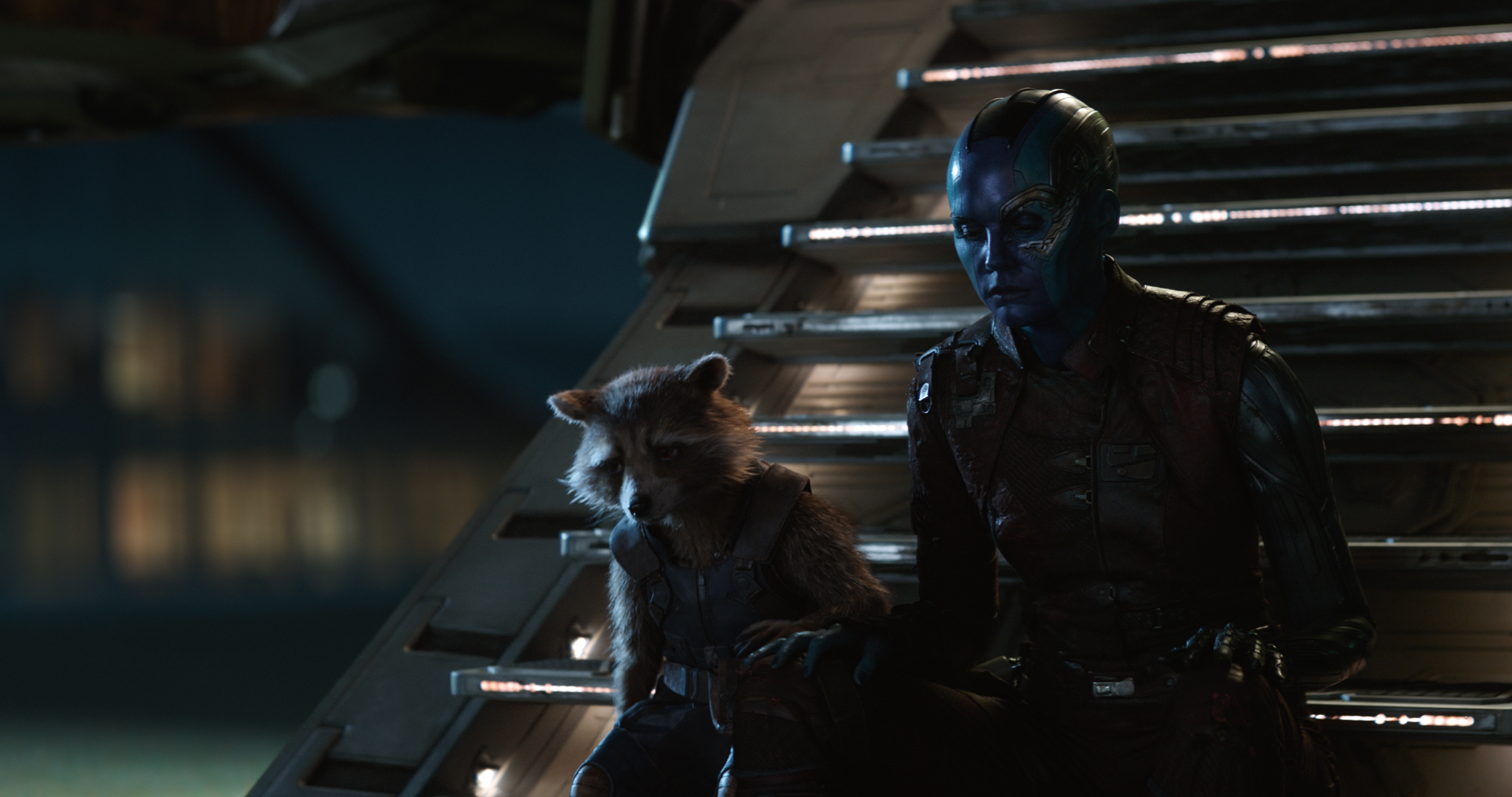
Fans of the distinct humor that often shows up in Marvel Studios productions will also have plenty to laugh at. Granted, the bleak circumstances of the movie make that tricky, but moments are there and they never feel too forced. They’re not quite as numerous as they are in other MCU movies, but given the various plots of the story, I’d say there’s just enough to balance the overall tone.
There are some other flaws within this movie, but the extent of those flaws is never more than minor. It would require an extreme level of pettiness and nit-picking to use those flaws to undercut the movie. “Avengers Endgame” is not perfect, nor does it try to be. Its primary goal is to end this era of the MCU and it does so beautifully.
The ending will leave many with tears in their eyes, both from joy and sorrow. There’s equal amounts of tragedy and triumph. Certain characters get a happy ending. Others must deal with loss and tragedy. Overall, it’s a perfect blend of satisfying conclusion and bittersweet finality. It reinforces the notion that these characters are true heroes.

For a movie that begins under such bleak circumstances, the ultimate conclusion really solidifies “Avengers Endgame” as an incredible cinematic experience. If I had to score the movie, I would give it a 9 out of 10. It hits all the right dramatic notes, evokes all the right emotions, and succeeds on a level that few could’ve imagined 11 years ago.
Like Captain America himself, this movie was willing to do whatever it takes to complete this superhero saga for the ages. Moving forward, it’s hard to say what will come of the MCU, especially in wake of the Disney/Fox merger, but it’s safe to say that “Avengers Endgame” has set a bold new standard for just how great a superhero movie can be.

